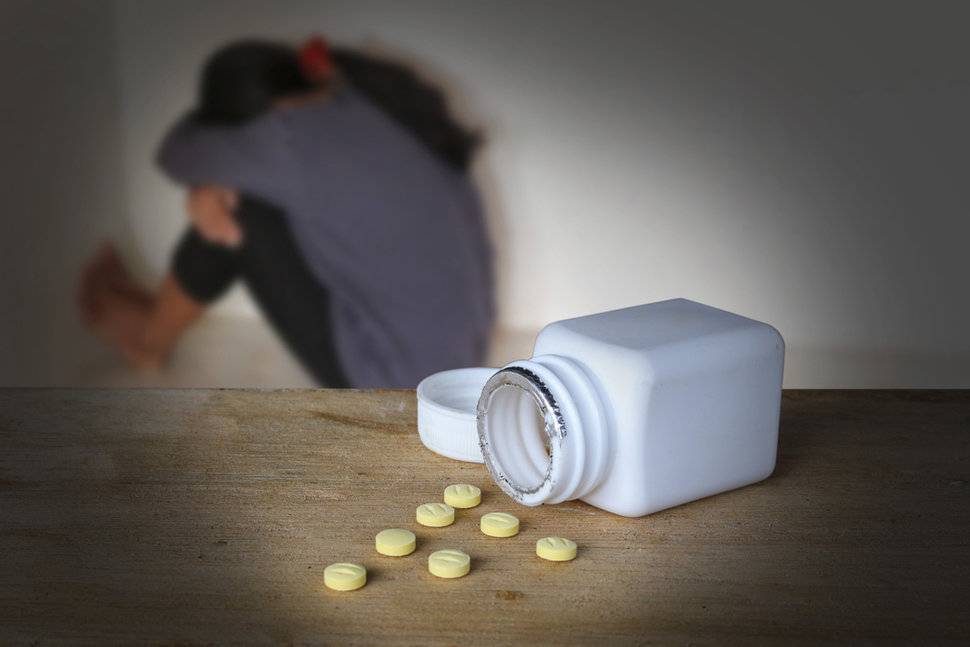Why Is Therapy Still A Taboo In Lebanon?
Important note: The suicide prevention hotline is active, if you or someone you know is at risk – make sure to share – more information here.
Remember the days when you could walk into any D-rate morally bankrupt Beirut pharmacy and buy a year’s worth of Xanax, Prozac, and elephant tranquilizer?
But with stricter regulations, actual prescriptions and doctor’s notes are now needed for your aunt to self-medicate herself into a twinkle-eyed frenzy.

And with all the drugs pushed aside, many people are left with their feelings; flooded with depression, riddled with anxiety, and a whole lot of post-traumatic stress that manifests as road rage for many. (I’m hoping that it’s PTSD, and not just that we’re collectively a nation of horrible drivers.)
In many countries, seeing a therapist is probably as common as going to the gym: part of your self-care routine. But right here at home, it is a private practice that in part a privileged few get to indulge in. Recent statistics showed that one person commits suicide in Lebanon every three days. This is a wild number, so why is it still a major taboo to seek help?
1. Lack of mental health education in schools.
People are not informed regarding these matters. Making mental health education part of school curriculums is vital. Knowledge is the most powerful tool in prevention and it is important to preach that it is okay to recognize and seek treatment for mental problems.
2. A lack of availability.
Therapy comes at a price. The hefty price tag of $100 – $150 per session is not one that is inviting to many. Luckily, there are some options available: psychology students who are racking up their clinical hours who offer sessions at discounted prices. You can also check out AUBMC’s Embrace Fund which works to provide mental health treatment for those who cannot afford it. Other options include free counseling for AUB students (through HIP or the on-campus counselor), and Himaya offering therapy to minors in distress.
3. A compulsion to prescribe.
Everyone loves a quick fix and Lebanese people are no different. Some doctors have become notorious for over-prescribing medication to people while shortchanging the value of therapy.
4. It’s viewed as shameful.
People tend to belittle themselves or others over needing therapy. In fact, many people still think that depression is a sign of weakness, and that depressed people should just ‘snap out of it’.
Mental health is no different than physical health, both require real treatment. So seek it and help break the stigma associated with mental health, you could be saving a life.





